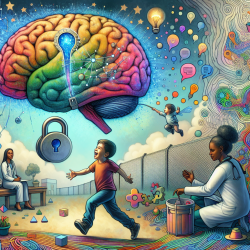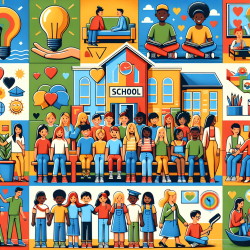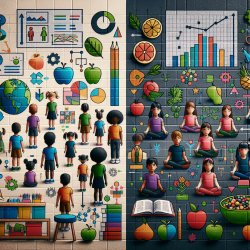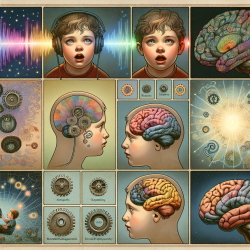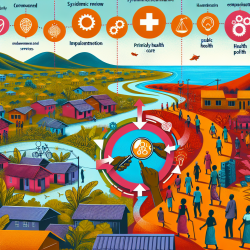Practitioners working with children who have congenital heart disease (CHD) often encounter various behavioral and emotional challenges. A recent study titled "Children's behavioural and emotional reactions towards living with congenital heart disease in Saudi Arabia: A grounded theory study" offers valuable insights that can enhance therapeutic practices. This blog will explore key findings from the study and suggest ways to implement these insights in clinical practice.
Understanding the Behavioral and Emotional Reactions
The study, conducted using Charmaz's constructivist grounded theory approach, involved interviews with children aged 4-10 years and their parents. The findings revealed that children with CHD face stressors related to medical treatments, sociocultural factors, and physical changes, leading to varied behavioral and emotional reactions.
Key Stressors Identified
- Medical Treatment Stressors: Children exhibited fear, sadness, and anxiety related to surgical procedures and hospital visits.
- Sociocultural Stressors: Family dynamics, schooling, and friendships influenced children's emotional and behavioral responses.
- Physical Changes Stressors: Physical limitations and visible scars from surgeries impacted children's self-esteem and social interactions.
Implementing Insights in Clinical Practice
Based on these findings, practitioners can enhance their therapeutic approaches by considering the following strategies:
1. Early Assessment and Intervention
Early identification of behavioral and emotional issues is crucial. Implement regular assessments to monitor the child's emotional well-being and provide timely interventions to address any emerging concerns.
2. Arts-Based Therapeutic Approaches
Incorporate arts-based methods, such as drawing and using emojis, to help children express their feelings. This approach can be particularly effective for younger children who may struggle to articulate their emotions verbally.
3. Parental Involvement
Engage parents in the therapeutic process. Educate them about the importance of open communication and support strategies that can help their children cope with CHD-related stressors.
4. Addressing Sociocultural Factors
Consider the sociocultural context of the child. Develop culturally sensitive interventions that respect family dynamics and cultural beliefs while promoting the child's emotional and behavioral health.
5. Support for Physical Changes
Provide support to children dealing with physical changes, such as scars from surgeries. Encourage positive self-image and help them develop coping strategies to manage any social challenges they may face.
Encouraging Further Research
While this study provides valuable insights, further research is needed to explore the long-term behavioral and emotional outcomes for children with CHD. Practitioners are encouraged to contribute to this growing body of knowledge by conducting their own research and sharing their findings.
To read the original research paper, please follow this link: Children's behavioural and emotional reactions towards living with congenital heart disease in Saudi Arabia: A grounded theory study.




